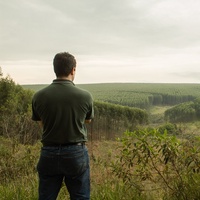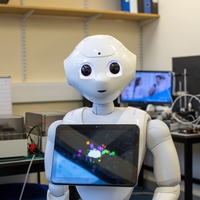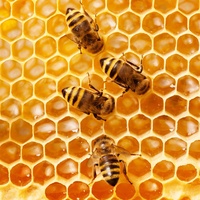In their own words: the democracy Tunisians want
Tunisia’s transition to democracy following the Arab Spring is seen by analysts as something of a success story. But how best can we understand what Tunisians themselves want and expect from government? A pioneering new interview technique aims to find out.
Initiating collaborative work on radiofrequency over optics for FFC imaging
The School of Medicine’s research into Fast Field Cycling represents a major shift forward in MRI technology. While this exciting new system has already been commissioned for use in Aberdeen Royal Infirmary from the summer of 2022, collaborative work still needs to be done to ready the prototype for commercialisation.
A holistic approach towards identifying the phenotypic plasticity and resilience response to environmental stress in the intertidal zone
Understanding how marine organisms respond to pollution is vital so we can assess and mitigate our impacts on coastal ecosystems. Adding to our current limited knowledge is critical in unravelling the biological consequences of anthropogenic change.
Scotland on fire: towards a taphonomy of cremation
Burned human remains are usually the result of human agency, and cremation can tell us a huge amount about the archaeological record and the use of fire in the past. The development of a new geothermometer is a great example of an interdisciplinary approach, employing geophysical techniques and theory to answer a social science question.
Human robot interaction network
Robotics and AI are at the forefront of the current fourth industrial revolution. The acquisition and deployment of Pepper, a humanoid robot designed for human robot interaction, will allow academics across the University to collaborate in this area of growing research importance.
An interdisciplinary approach to generate a paradigm shift in characterising biodiversity
Biodiversity plays an integral role in ecosystem function, health and service, but this is threatened by the unprecedented loss of species. To combat the global biodiversity crisis, we need to better understand diversity at all levels of organisation.
Analysing stakeholder power dynamics in the policy-making process: an exploratory analysis of Scottish cities and towns
The distribution of power among stakeholders involved in the planning process differs under varying economic and political conditions. Our interdisciplinary investigation takes into account perspectives from real estate, policy making and negotiation, initially focusing on a relevant sample of Scottish cities and towns
Pathways to sustainable and healthy diets: Young people’s views about climate change and eating less meat
Young people are often painted in the media as the generation who will adopt sustainable and healthy diets through concern about climate change and other related issues. But is this really the case? We try to find out.
Transcriptomic profiling of viral infections in the brain of a key pollinator
Honeybees are the most valuable pollinators of natural and human ecosystems. However, in addition to other factors, the DWV virus is causing serious problems for honeybee colonies. We use advanced techniques to understand how DWV affects honeybee cognition.
Citizen science for biodiversity conservation in agricultural-conservation transition zones
Citizen science has grown rapidly in popularity in recent years due to its potential to educate and engage the public while providing a means to address a host of scientific questions. Here, we aim to elucidate biodiversity patterns and associated human-wildlife conflicts in agricultural conservation transition zones.










